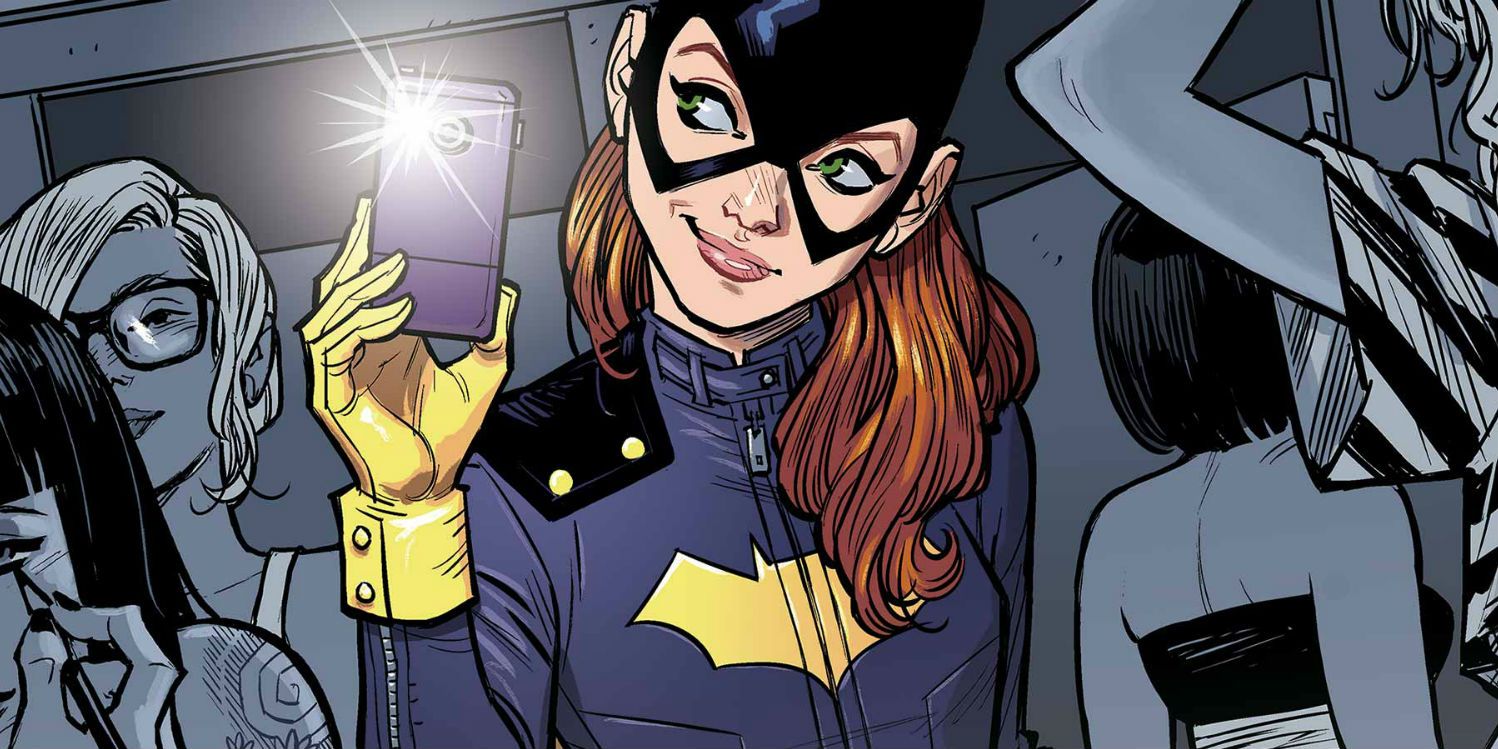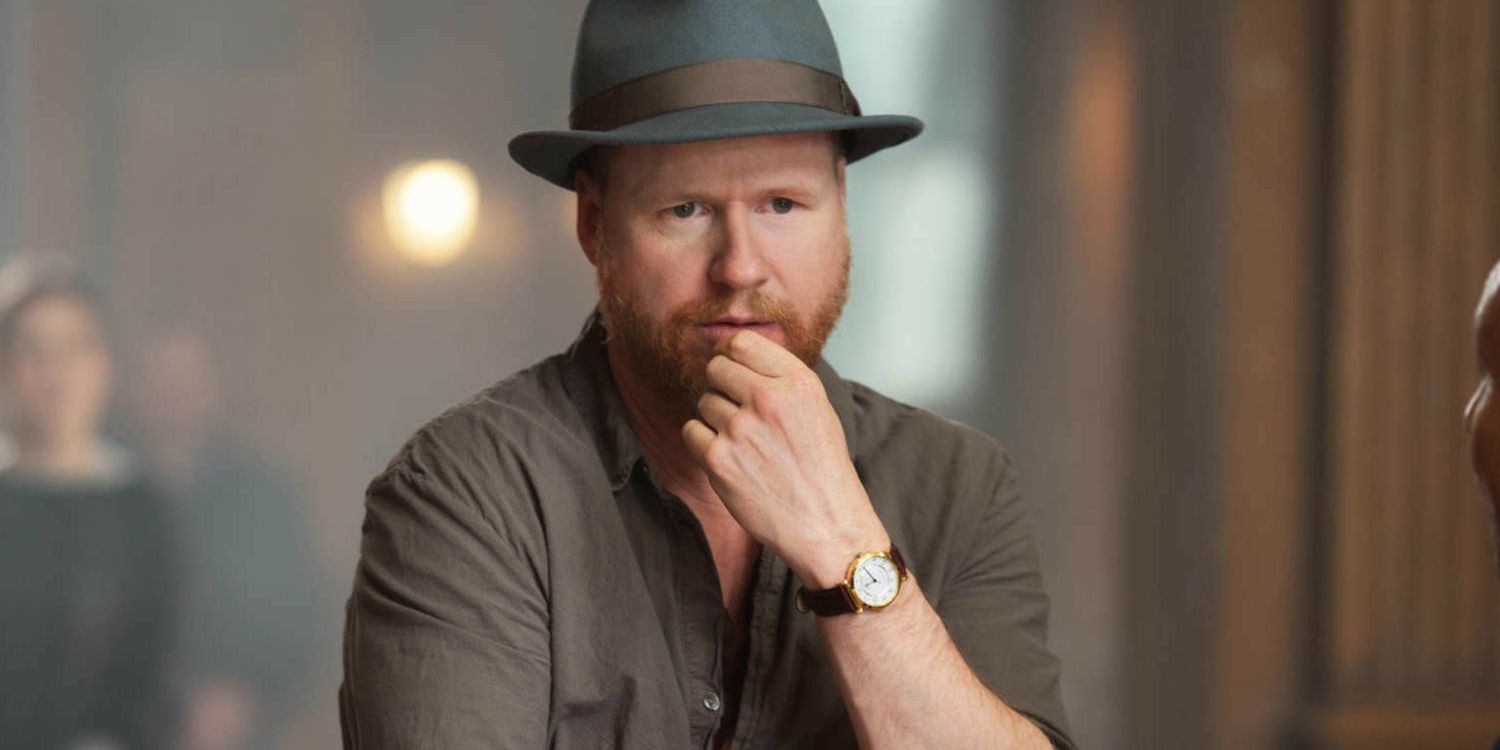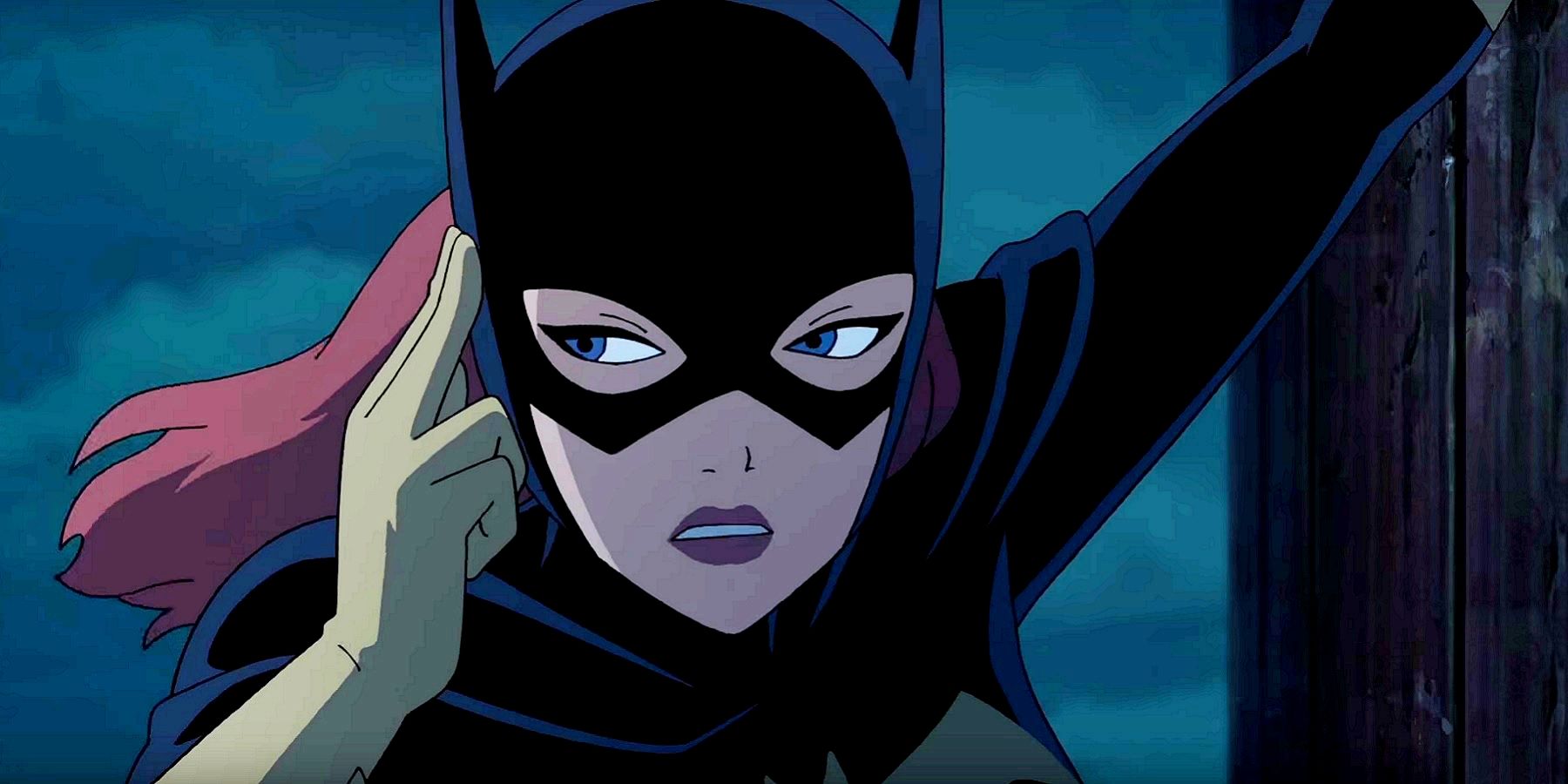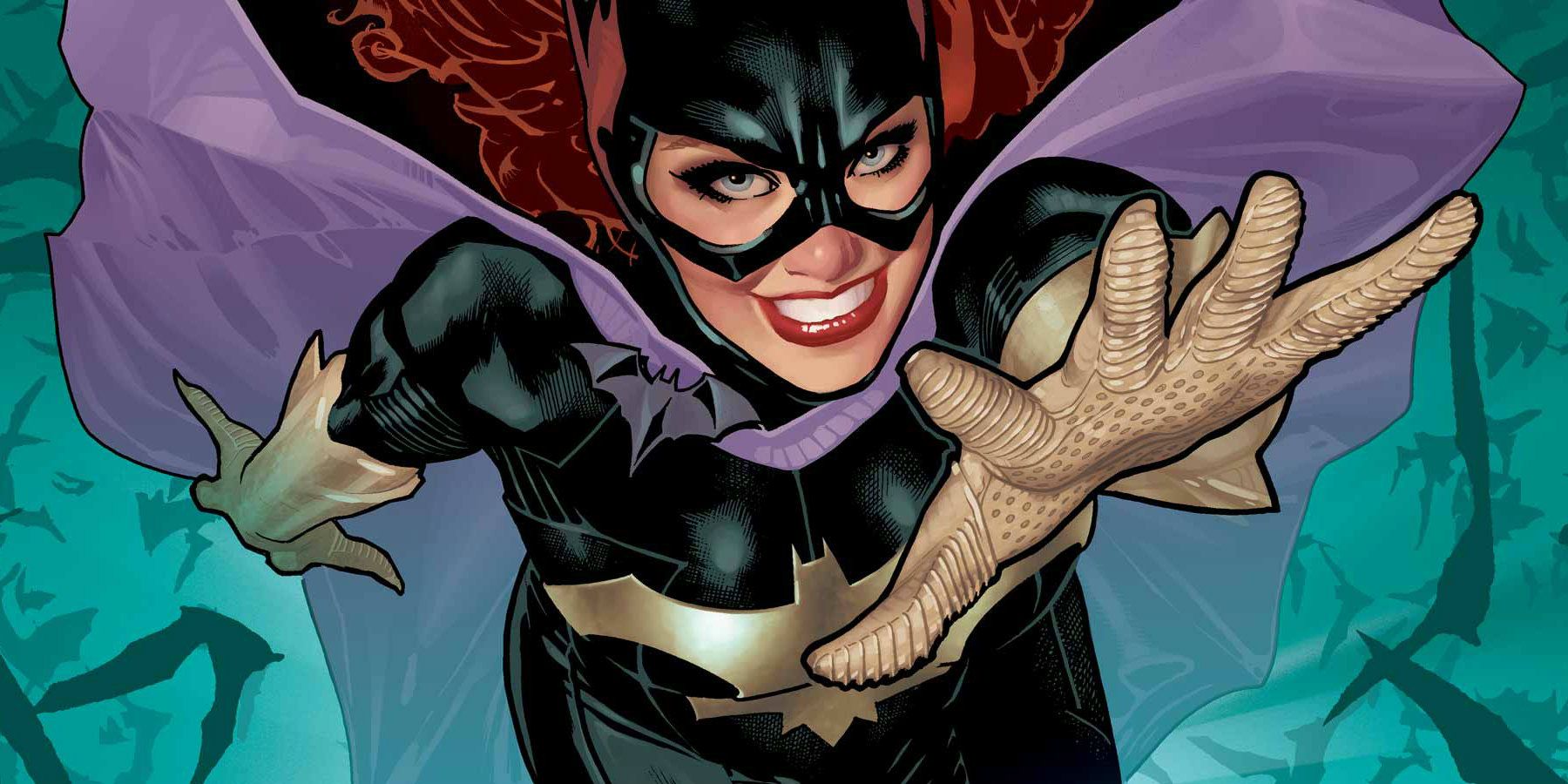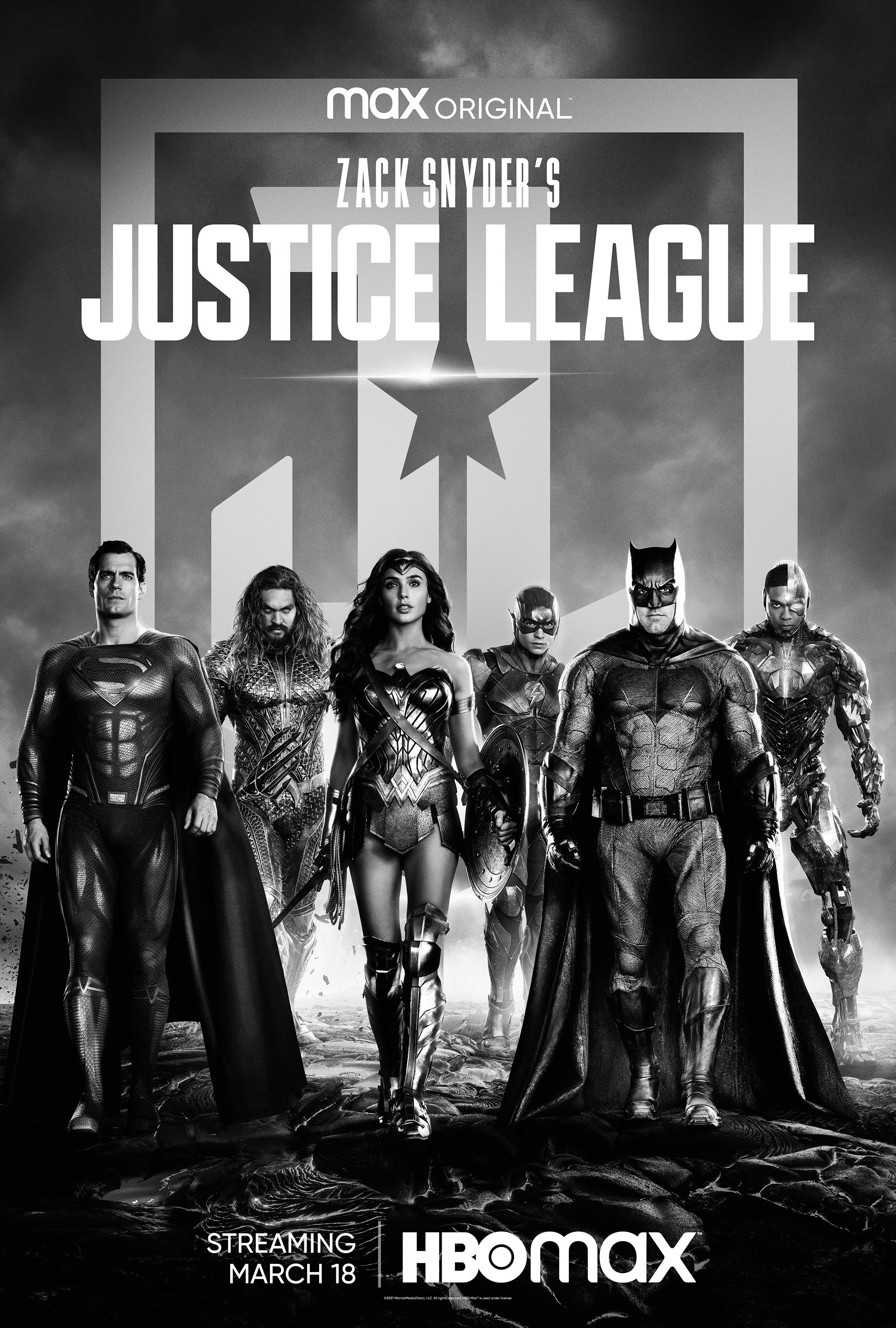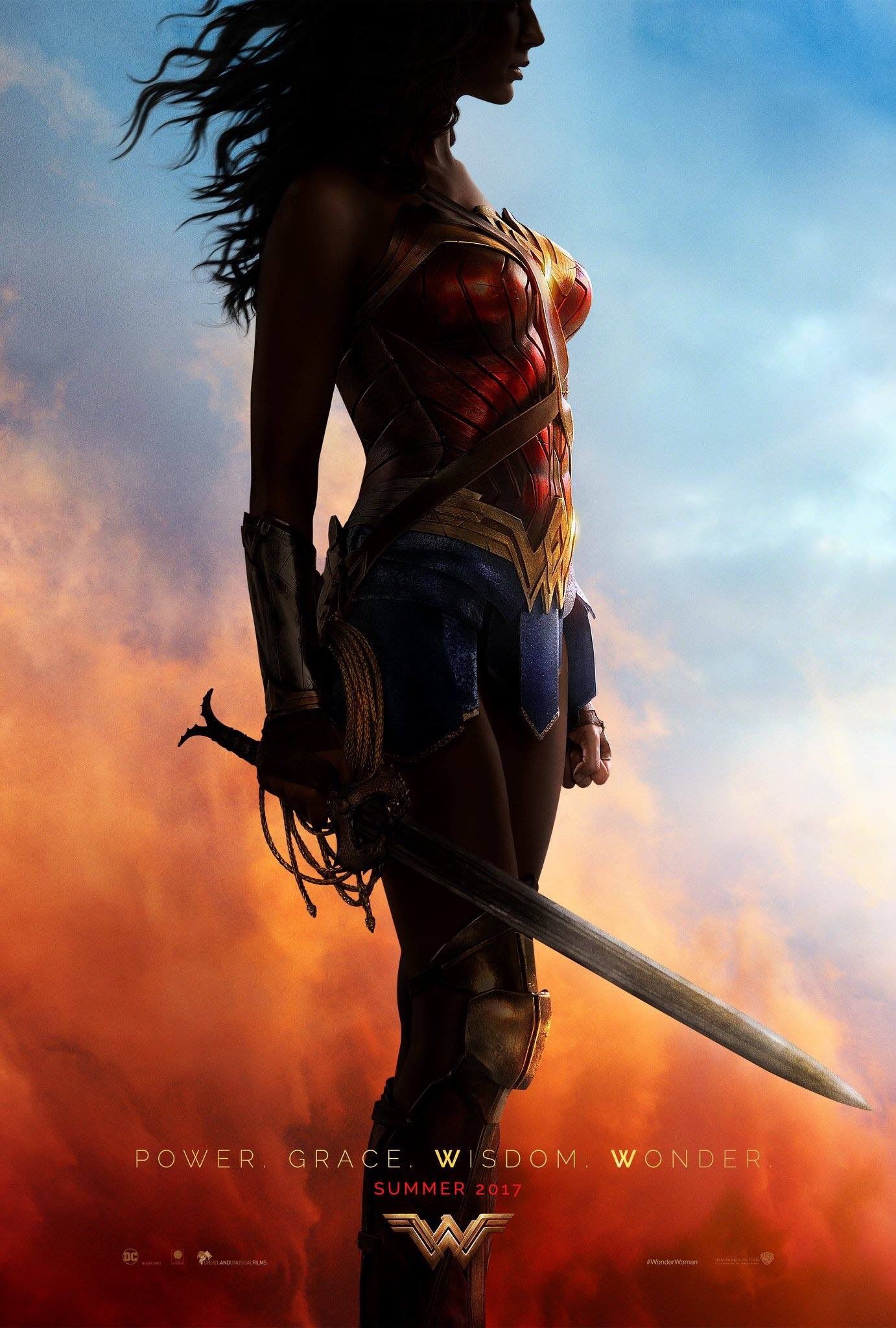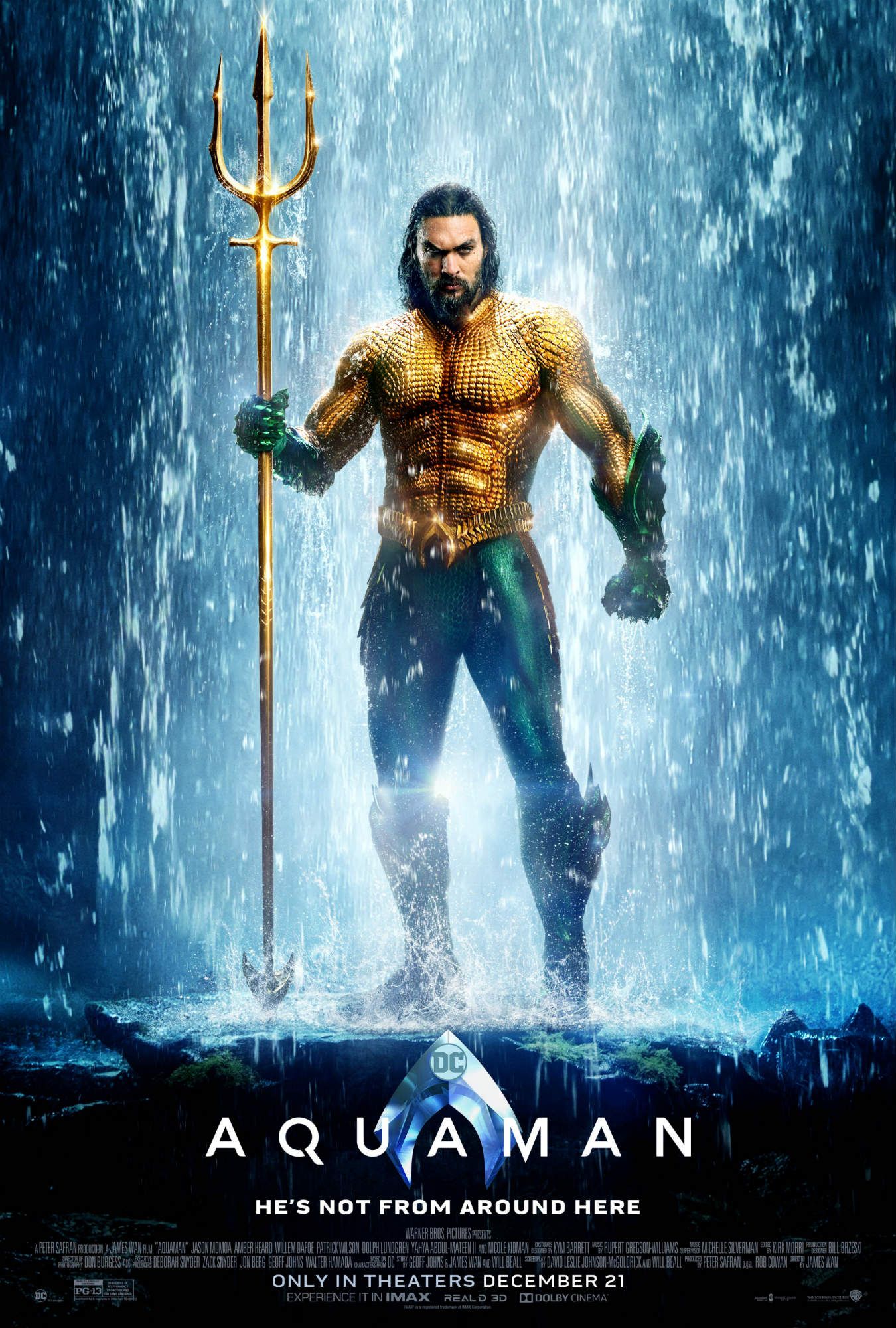Between disappearing directors and savage reviews, Warner Bros. could use a few positive headlines regarding the DC Extended Universe. Following swathes of negative press in the wake of Batman V Superman: Dawn of Justice and Suicide Squad, and Ben Affleck’s sudden departure as director of the planned solo Batman movie, many have been wondering how the troubled franchise could win back the approval of increasingly skeptical fans. With The Flash still in need of a director after losing two in a row, and the mixed reception to the latest Justice League trailer, truly it was time for the studio to break out the big guns.
And break them out they have. Today we learned that Joss Whedon, creator of Buffy the Vampire Slayer and director of the first two Avengers movies, is nearing a deal to write, direct and produce a Batgirl film for the DCEU. The news came almost entirely out of the blue, and could signal some major changes with the franchise, which has struggled to carve out a unique identity for itself alongside the more established Marvel Cinematic Universe. Whedon’s own efforts with Marvel were hugely successful, both critically and commercially, but he has been open about his frustrations with the process of working with such a major property.
In a 2015 interview on the Empire Film Podcast, Whedon admitted that various elements of Avengers: Age of Ultron were studio mandated against his wishes - notably the Thor scene in the cave - and said, "I respect these guys [Marvel Studios], they’re artists, but that’s when it got really, really unpleasant." For Warner Bros. to recruit Marvel's most successful director is quite a coup, but the hiring also suggests a new approach to the studio’s own stance on creative control. Matt Reeves recently signed on to direct The Batman, but only after a brief break from talks where it was speculated that he wrangled more freedom over the project than the studio were initially willing to give. “Creative differences” was the reason given for the departures of both Seth Grahame-Smith and Rick Famuyiwa from The Flash, so perhaps the arrival of Whedon signals a more relaxed approach to shaping the franchise.
Whedon’s name carries a lot of geek cred, but the announcement has also renewed feelings of exasperation about the lack of female creatives at the helm of major blockbuster properties, particularly superhero films. Warner Bros. has only hired one female director for the DCEU so far – Patty Jenkins for Wonder Woman – while Marvel has yet to take the plunge (though it’s all but guaranteed that a woman will direct Captain Marvel). It’s not just a superhero problem – no women are directing Star Wars films either. Indeed, Disney's full slate through to 2019, including Star Wars and Marvel, has a grand total of two women directors (Ava DuVernay for A Wrinkle in Time and Niki Caro for Mulan).
A recent study from San Diego State's Center for the Study of Women in Television and Film showed that women made up a paltry 7% of directors working on the top 250 films of 2016. That's a 2% drop from the previous year, so not only is gender discrimination still a major problem in Hollywood; it's one that's getting worse. Whedon, for all his talents and popularity, is part of the problem, and his hiring on Batgirl is all the more disheartening given his years of vocal support for women in the industry, both on-screen and off.
There is something Whedon can do to help shrink that gender gap in blockbuster film-making, and that is to persuade Warner Bros. to hire a female screenwriter. He is currently rumored to be writing the film himself, but given how frequently DC films seem to go through rewrites these days, the chances of a new name coming on board are high.
Barbara Gordon, the original Batgirl and the presumed star of this universe’s film, is a pivotal character in the history of superhero lore. She’s also a heroine with one of the most difficult and controversial histories in the canon. As a fan-favorite for two decades in the comics, Barbara often struggled to get major storylines, particularly after the Crisis on Infinite Earths event that rebooted the series' canon. She was retired in a standalone comic, Batgirl Special, in 1988, but made a shocking return in Alan Moore's seminal one-shot graphic novel The Killing Joke. Moore specifically requested to use Barbara in this non-canon issue, where she was shot by The Joker and rendered unable to walk, purely as a means to torture her father, Commissioner Gordon, and a sexual assault was also heavily implied.
Even today, the comic inspires heated debates, and Moore himself admitted to regretting what he did to Barbara. Moore said in an interview that, when he asked DC if he could use Barbara for this plot, editor Len Wein replied, "Yeah, okay, cripple the bitch." Even for one of their most beloved characters, DC had little respect for her, and didn’t object to her being fridged. Somehow, the recent animated version of the story made Barbara's arc even more regressive by having her sleep with Batman - a move that ended up alienating even hardcore fans of the comic.
From this mess, writers Kim Yale and John Ostrander decided to ensure Barbara would not wither in obscurity, and turned her into Oracle, a hacker and informant who founded the all-female Birds of Prey. Other characters took on the Batgirl mantle, including Cassandra Cain and Stephanie Brown, mentored by Barbara. She remains one of the genre's most positive and well-rounded depictions of a character living with a disability, and revived love for Barbara within a new generation of fans. This made her return to Batgirl in the New 52 all the more controversial. The rehaul, another major shift to DC continuity, retconned her past and made her injury something she recovered from (although she still lived with the trauma), thus removing one of the comics' few disabled characters from the narrative and erasing over 20 years of history.
The most recent Batgirl, with a lighter tone and more youthful focus, garnered strong reviews and showed the character at her most interesting – passionate, fun loving, young and free – thanks to the wonderful writing of Hope Larson. The movie potential for Barbara is limitless, but it would be a mistake to move ahead without a female voice in the room. Barbara at her best has been thanks to the incredible work of women writers who saw the endless potential of the character, even as DC wrote her off. Kim Yale revived her from Moore’s ashes and gave new representation to an often diminished demographic while keeping Barbara as driven as ever; Gail Simone explored living with the trauma of a major attack and the ways it drove Barbara to seek justice; Hope Larson brought Barbara into the millennial generation, balancing multiple lives with vivacity and unabashed fun.
All of these are things the world of the DCU is crying out for, and the voices currently at the table, talented as many of them are, do not have the perspective needed to truly embody the lived experience of being a woman (currently, the only woman writing a DCU film is Geneva Dworet-Robertson, who is currently writing the screenplay for Gotham City Sirens, to be directed by David Ayer).
There are many incredible women writers working in film and television who could do wonders with Batgirl: Annie Mumolo and Kristen Wiig's Oscar nominated work on Bridesmaids balanced gross-out humor, tender explorations of female friendships and deceptively sharp satire on living in a crumbling economy; Katie Dippold's hilarious work on Parks and Recreation, The Heat and Ghostbusters spotlighted her as a comedic name to watch; Allison Schroeder brought life to an untold historical tale and made it into crowd-pleasing gold with Hidden Figures; the multi-talented Emily Carmichael has caught the eye of Steven Spielberg with her award winning screenplays; and Zoe Kazan's films and plays have balanced indie charm with razor sharp storytelling. This is just a handful of women who represent the thousands of female writers in an industry that oft-overlooks their incredible efforts. Whedon, who has worked with female writers before, would do well to consider opening up his latest project to a fresh female voice.
It remains to be seen how this deal will unfold and when production will start (Warner Bros. is still having a little trouble on that front right now), but whatever the case, it would only benefit the studio and Joss Whedon to widen their scope and welcome those vibrant, under-represented voices to the DCEU. It’s the least Batgirl deserves.

